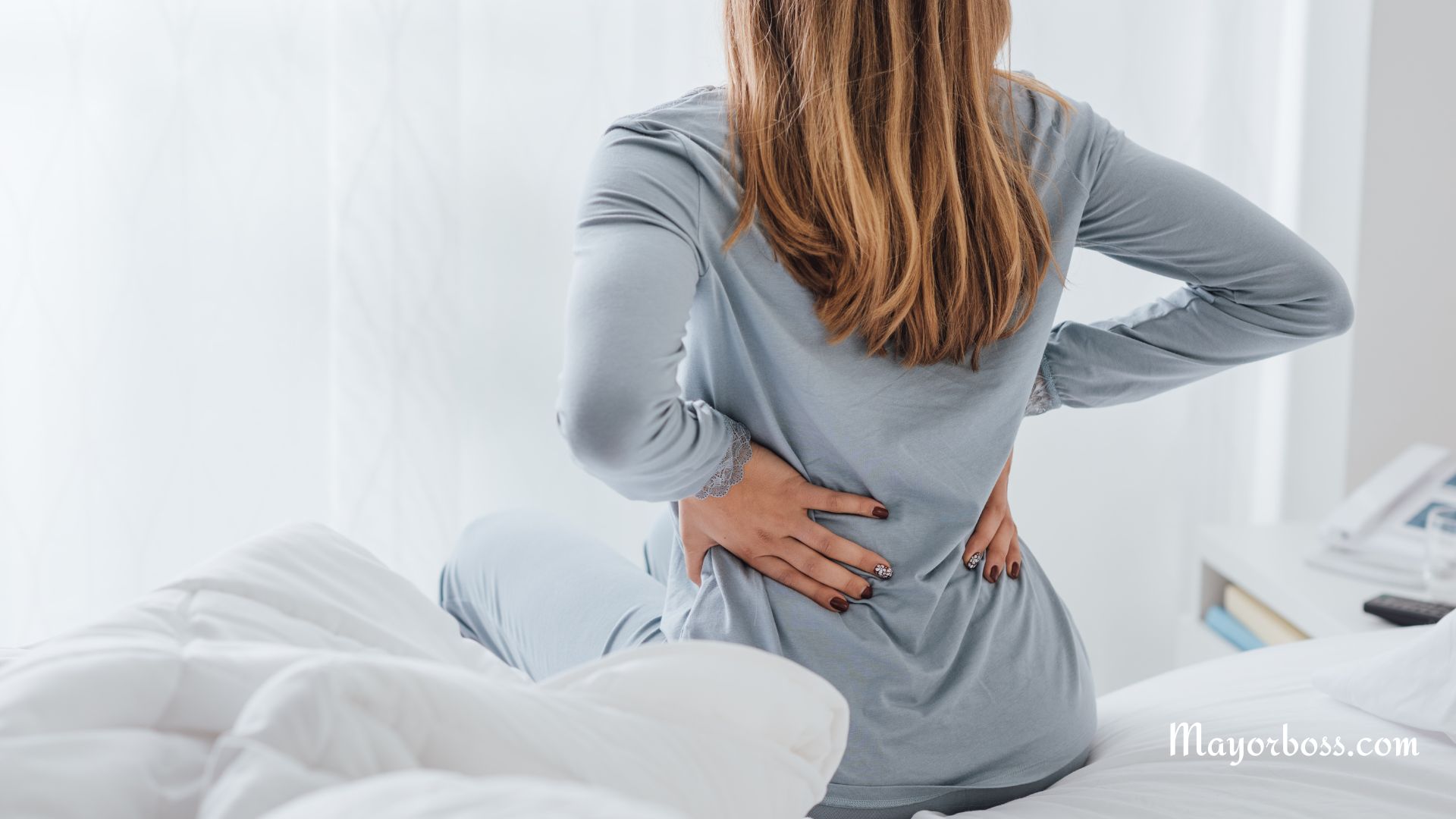What Causes Body Aches?
What causes body aches? Body aches can often feel like your muscles are simply tired or overworked. However, these aches can be symptoms of various underlying issues, ranging from the common cold and flu to more severe conditions like fibromyalgia or chronic fatigue syndrome.

What Causes Body Aches?
When you experience body aches, it’s usually your body’s way of signaling that something is off-balance. Commonly, these aches can be traced back to a few usual suspects:
Infections and Viruses
Flu or cold viruses are notorious for causing body aches. When you get sick, your immune system fights off the virus, and in the process, you might feel achy all over.
Physical Exertion
After a rigorous workout, you may experience what’s known as muscle soreness. It’s a normal reaction to unusual exertion and usually resolves on its own in a couple of days.
Lack of Sleep
Not getting enough rest can take a toll on your body and contribute to widespread aches. Sleep is when your body repairs itself, so a lack of it can leave you feeling sore.
Chronic Conditions
Diseases like fibromyalgia, arthritis, and chronic fatigue syndrome are also known for causing body aches.
Stress and Anxiety
Believe it or not, mental factors like stress and anxiety can manifest as physical discomfort. The tension builds up in your muscles, creating a constant state of soreness.
Dehydration
Not drinking enough water can lead to muscle cramps and aches. When you’re dehydrated, your muscles can’t function properly, causing discomfort.
Nutritional Deficiencies
Lack of essential nutrients like Vitamin D or magnesium can also be a source of body aches. These nutrients are vital for muscle function and bone health.
Medications and Treatments
Certain medications, especially those used in chemotherapy, can cause body aches as a side effect. Always check the label for potential side effects when taking new medications.
Hormonal Changes
Especially relevant for women, hormonal fluctuations during periods, pregnancy, or menopause can also result in body aches.
Poor Posture
Sitting or standing in a bad position for extended periods can put a strain on your muscles and skeleton, leading to aches.
How to Get to the Bottom of It?
If you’re experiencing persistent body aches, it’s a good idea to consult a healthcare provider for an accurate diagnosis. Here’s what you can expect:
Physical Examination
Your doctor will likely start with a thorough physical examination to check for any obvious signs of illness.
Blood Tests
Blood tests can help rule out infections or possible underlying conditions that may be causing the aches.
Imaging Tests
In some cases, X-rays or MRIs may be required to get a better look at what’s going on inside your body.
Home Remedies for Temporary Relief
While you wait for a diagnosis, there are some things you can do at home to alleviate the discomfort:
Warm Bath
A warm bath can do wonders for sore muscles and aching bodies. The warm water helps increase blood flow and can relax tense muscles.
Over-The-Counter Medication
Pain relievers like ibuprofen can provide temporary relief. However, they should not replace a proper diagnosis and treatment plan.
Stay Hydrated
Drinking plenty of fluids can help flush toxins from your system and may alleviate some aches.
When Should You See a Doctor?
You should consult a healthcare provider if:
- Your body aches persist for more than a few days.
- You have a high fever along with body aches.
- The aches are severe and interfere with daily activities.
In these cases, it’s crucial to get a proper diagnosis and treatment plan. So, don’t hesitate to seek professional medical advice.
Further Reading: 10 Reasons Why You Have Body Aches Without a Fever
